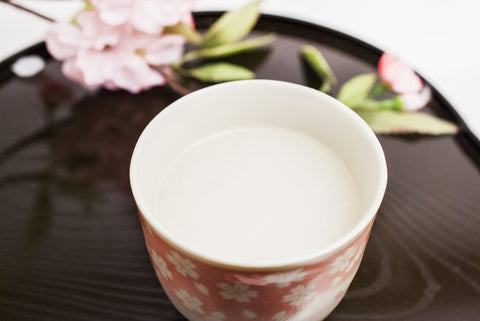Sake has amino acids in it, so it’s good for you?
February 25, 2021
Sake has amino acids in it, so it’s good for you?
Did you know that sake contains a lot of amino acids?

Amino acids are the building blocks of proteins, and are essential for our bodies.
Amino acids are found in large quantities in sake, and are the source of the rich and sharp flavor of sake.
Sake is made from rice. Sake is made by fermenting rice, malted rice, and water into alcohol, and the proteins in the rice are broken down into a number of amino acids.
The proteins in the rice are broken down into a number of amino acids, including aspartic acid, glutamic acid, and arginine, all of which are often heard of.
They are called essential amino acids to begin with, so of course sake that contains a lot of amino acids is good for you!
The first thing you need to be careful about is the amount of sake you drink.
The problem with sake is that it contains so much sugar that it is actually like drinking sugar water.
In the case of sake, it is still recommended to drink it in quantity, from the perspective of oxidative stress.
As with all alcoholic beverages, it is important to be careful not to drink too much.

